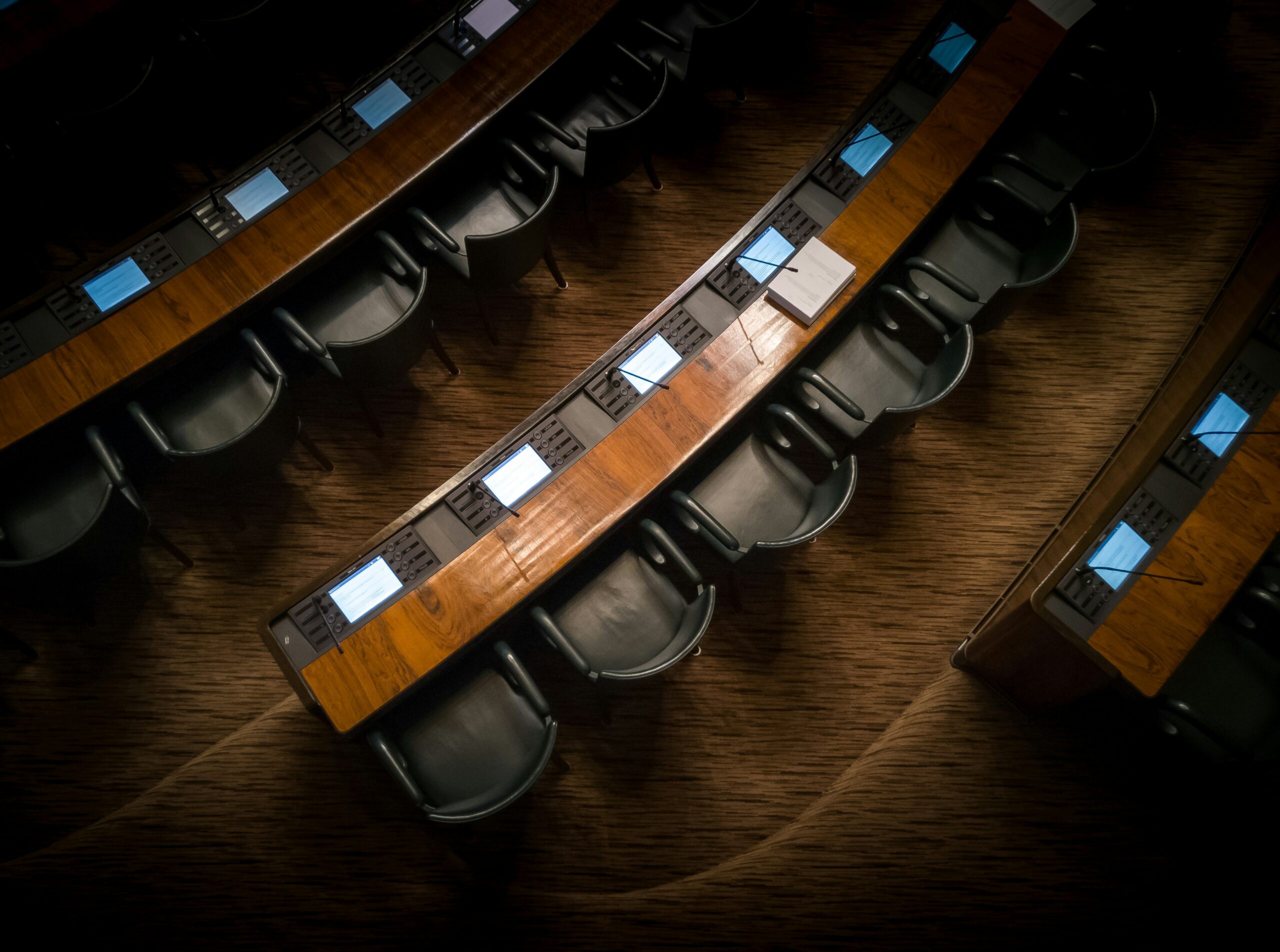The 2009 detainee scandal in Canada evidenced how the government and military officials were informed of the inhumane treatment of detainees in Afghanistan but rejected and overlooked the numerous reports. When the media eventually brought the issue to light, it disclosed massive structural flaws in how the government deploys, communicates, and monitors Canadian troops. Nonetheless, this issue diverted media attention away from the fundamental concerns in Afghanistan, drawing attention away from the ground. This article will highlight Afghanistan’s detainee scandal and how Canadian political parties have continually expressed the desire to play politics with defence and security matters for partisan advantages, misplacing their focus on actual issues on the ground in an unruly fashion.
Detainees apprehended by the Canadian Armed Forces have been conferred a set of legal rights as Prisoners of War (POWs) in military conflicts under the 1949 Geneva Conventions. The Canadian Forces were forced to either relocate detainees to the US Armed Forces or the Afghan Security Force, who perceived them as unlawful combatants, imprisoned for perpetrating punishable acts of violence. In the view of the US and Afghanistan forces, these detainees were not permitted the rights guaranteed by the Third Geneva Convention. Torture was used in several American detention facilities, such as the Abu Ghraib prison in Iraq, making it nearly impossible for Canada to hand over detainees to American custody.
As a result, detainees were transferred to Afghan authorities, with then Chief of Defence Rick Hillier signing a bilateral agreement with the Afghan government in 2005 outlining how their prisoners must be treated following the Geneva Convention. Despite the consensus, alerts and reports of abuse, torture, and rejection of human rights were repeatedly relayed, but senior military and diplomatic officials frequently chose to ignore and deny them. For example, diplomat, Richard Colvin, reported detainee abuse to his superiors in Foreign Affairs and military officials in National Defence as early as 2006—when approached with evidence, it was ignored.
The mission’s politicization was evident in Ottawa, where the Parliament had no consideration for the Afghans themselves, nor did they care about reviewing the mission, but instead used the uproar to condemn the mission because it was immersed in PR. It resembled political football, maximizing partisan and political gain by scoring points against their opponents, particularly in 2007. The concern has never been about prisoners or Canadian troops; thus, rather than acknowledging that something was wrong and shifting focus to more crucial mission components, government administrators kept denying the acts. The Liberals used the detainee issue to attack and delegitimize the Harper government by claiming he was not a qualified leader. It was used for partisan purposes by the Conservatives to drive a political wedge over Afghanistan, portraying the opposition as dupes playing into the hands of the Taliban and kicking Canadian soldiers. As a result, the mission was magnified as the government and opposition attempted to outscore each other to optimize electoral advantage.
The politicized environment demonstrated the opposition parties’ unwillingness to accept the hardest line on the issue, as evidenced by the infrequent attention paid to the problem, including a lack of civilian oversight. Many Canadians had little to no idea what the military was doing on the ground in Afghanistan, consistently caught off guard due to informational asymmetries. The Canadian government chose to keep information away from Members of Parliament (MPs). For instance, the government relied on the International Committee of the Red Cross (ICRC) and the Afghanistan Independent Human Rights Commission (AIHRC) to oversee the prisoners. It took a public outcry for the government to eventually realize that the ICRC had no interest in the agreement. Furthermore, one report in 2009 was sent to the Canadian Embassy from Afghanistan, revealing that the AIHRC confirmed access issues at sites where Afghan intelligence housed captives, but it was ignored.
Today, these debacles will remain a stain on Canada’s history. Due to political stressors, Canada negotiated a new bilateral agreement comprising improved security measures and provisions for transferred detainees that highlighted the most stringent human rights protection and conferred full, unrestricted access. The mission’s disoriented aspect clearly rerouted the government, opposition, and Canadians from its more important elements due to dysfunctionality and poor communication within the Canadian Parliament. Officials looked the other way, and the scandal was then manipulated and used as a ploy for electoral gain before adjustments were implemented, demonstrating the Parliament’s lack of coherence between and among civilian and military personnel. The stark disparity between what was transpiring in Afghanistan and how diplomats in Ottawa handled the war as an opportunity for political posturing proved to Canadians that political elites were not treating the mission seriously.
With the 45th Canadian federal election approaching, we must address conflicts with knowledge, especially in light of the rapidly evolving crises across numerous nations. The controversy on the grounds of Afghanistan revealed how important transparency and accountability have become for government operations, especially regarding military and national security. The Canadian detainee crisis revealed how military officials and government officials were made aware of the deplorable treatment of captives in Afghanistan but dismissed multiple reports. Therefore, we must hold governments responsible for their actions to ensure that the government obeys the law and moral principles. Adequate oversight mechanisms are required, especially in areas of conflict. Human rights norms should be a non-negotiable principle; therefore, before making decisions, politicians must carefully assess the ethical implications of the policies, including the potential ramifications for detainees and civilians.
Edited by Mahnoor Zaman
In her fourth year at McGill University, Shannon is a staff writer for the Catalyst. Pursuing a double major in Sociology and Art History for her B.A., she is especially interested in social-political discrimination affecting Indigenous communities within Canada and across the globe.

